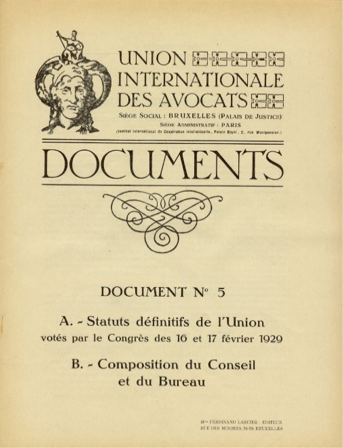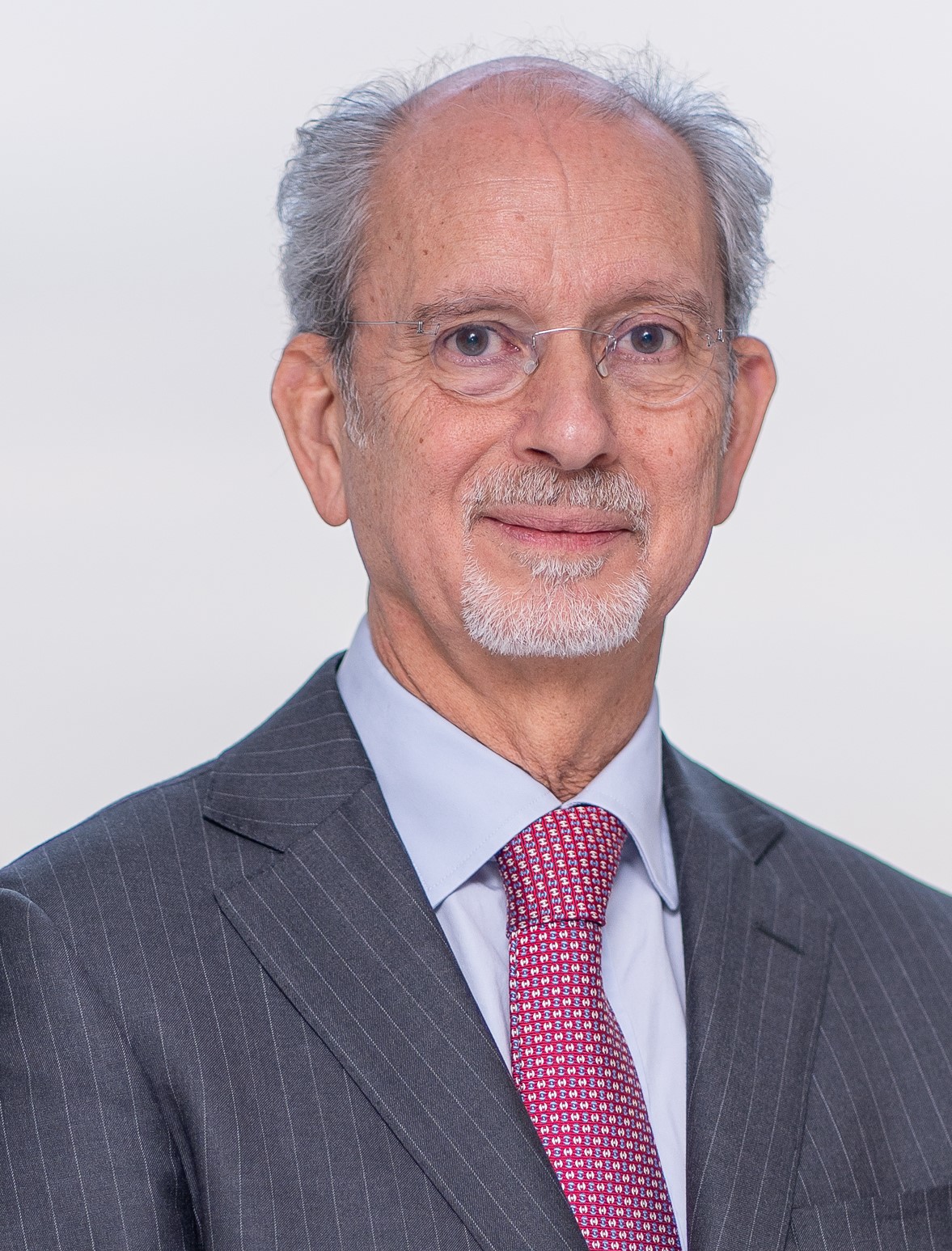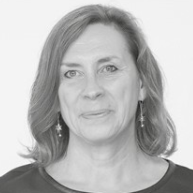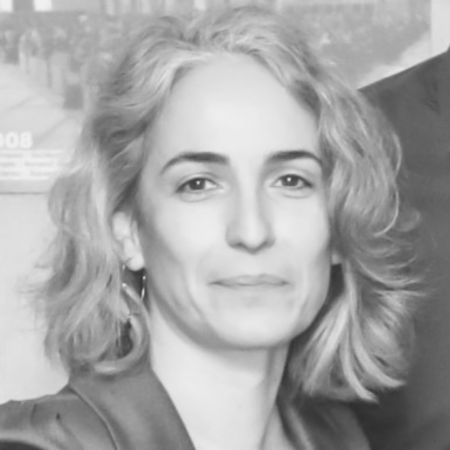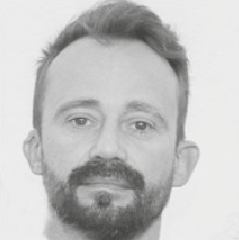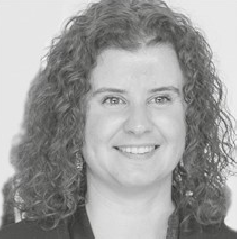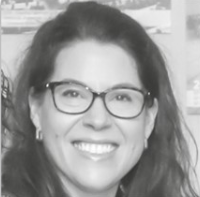About Us
Introduction
At present, through its collective members (bars, federations, and associations) and individual members, the Union Internationale de Avocats (UIA) brings together two million lawyers from 110 countries.
The UIA is the only major multi-lingual and multi-cultural international lawyers’ organization. The UIA is open to all the world’s lawyers, both general practitioners and specialists.
The UIA's members have extensive legal expertise, which is reflected in high-level legal debates within its technical commissions and working groups, as well as in resolutions adopted regarding current problems faced by the legal profession throughout the world.
To promote professional excellence, the UIA offers seminars, training sessions and other events throughout the year around the world, which qualify for Continuing Legal Education (CLE) purposes.
The UIA is committed to defending the cause of lawyers who may be pressured or threatened anywhere in the world, through its lobbying and advocacy activities, and speaks out against forces contrary to the proper functioning of the justice system and legally instituted bar associations.
Enjoying special consultative status with the United Nations and participative statut with Council of Europe since 1971, in its capacity as a Non-Governmental Organization (NGO), the UIA is represented at the main United Nations offices (New York, Geneva and Vienna).
The UIA conducts its missions in a collegial atmosphere that favours friendship and good relationships between members.
Activities
As a global and multi-cultural organization, the UIA facilitates both professional development and the international exchange of information and ideas, promotes the Rule of Law, defends the independence and freedom of lawyers and legal institutions worldwide, and emphasizes friendship, collegiality, and networking among members.
In all its missions, the UIA pays particular attention to the promotion and preservation of the basic principles of the legal profession, and notably, the independence and freedom lawyers need to practice their profession.
Technical activities
The UIA offers seminars, training courses, and many other events throughout the year in interesting venues which qualify for Continuing Legal Education (CLE) and give rise to high-level legal debates.
Defense of the Rule of Law
The UIA created the Institute for the Rule of Law (UIA-IROL) to promote the Rule of Law and address essential human rights issues.
Therefore, the UIA-IROL coordinates several UIA bodies:
- Human Rights and Protection of Lawyers
- Rule of Law, including Death Penalty
- Independence of the Profession
- International Criminal Justice (through the UIA International Criminal Justice Commission)
- Business & Human Rights (through the UIA Business & Human Rights Commission)
Annual Reports
Background
At the end of the 19th century, most European lawyers worked within autonomous and independent bar associations, each with their own customs. After World War I, European lawyers gradually realized the importance of helping certain bar associations modernise and build international relationships.
In July 1925, lawyers from Belgium, France and Luxembourg initiated the 'Union Internationale des Avocats' project, which came to fruition after two years of collaboration on July 8, 1927 in Charleroi, Belgium. The President of the Paris Bar Association, Georges Guillaumin, served as the Association’s first President.
Once the UIA was formed, several bar associations sought membership. After joining the Association, each new bar contributed unique efforts towards the UIA's dual objectives: adapting older bars to the new economic and international climate, and working with the League of Nations to establish lasting peace.
In 1930, the UIA adopted the motto 'Omnia Fraternae' at the suggestion of Mr. Gheude, Secretary General of the Belgian Lawyers Federation, during the second Congress held in Paris.
In 1933, in Dubrovnik, Mr. Destrée, an influential Belgian lawyer, ended his speech at the 5th UIA Congress by saying, 'Our Association stands as an example. To dispel the problems we are facing, it will be necessary to assert more and more strongly, in all countries, the desire and will to re-establish prosperity in a climate of order and peace. Unity is called for, everywhere. We must unite or perish'.
Structure
The UIA’s three main bodies are the General Assembly, the Executive Committee, and the Governing Board.
These bodies determine UIA’s goals to adopt the rules that govern it and ensure compliance with the UIA’s principles.
Presidency
The UIA President for 2024-2025 is Carlo Mastellone.
The term of office of the president runs over one year from congress to congress.
Executive Committee
The Executive Committee is the UIA’s executive body. It supervises the implementation of the decisions made by the General Assembly and Governing Board and ensures the smooth running of the association. The Executive Committee is elected by the General Assembly.
Governing Board
The Governing Board is responsible for defining the UIA’s strategy vectors. The Board approves the association’s budget, establishes its operating regulations, and passes resolutions.
General Assembly
The General Assembly is the UIA’s sovereign body. All UIA members who are up-to-date with the payment of their dues may attend the General Assembly. All collective and individual members who are present or represented at a General Assembly are entitled to vote. This assembly is held at least once a year.
National representatives
The UIA is represented throughout the world by the Presidents of National Committees, as well as by National Representatives and Regional Secretaries. Their responsibility is to expand the UIA’s presence in their country or region and to serve as the liason between the members in their area and the UIA.
Members
The UIA has five membership categories:
- Individual members - Lawyers whose primary professional activity is the practice of law.
- Collective members - Bars, lawyers’ associations and federations.
- Associate individual members - Other legal professionals who practice law as their primary occupation, such as law professors and magistrates.
- Associate collective members - Both national and international associations of legal professionals, as well as international lawyers’ associations with broadly representative membership.
- Honorary members - Upon recommendation by the Executive Committee, an honor representing an individual's contribution to the UIA's growth and influence as conferred by the General Assembly.
UIA Headquarters
The UIA headquarters provide multi-lingual administrative and logistics support in all areas of the association’s work.
Marie-Pierre RICHARDExecutive Director
mprichard@uianet.org
Assistant to the Executive Director
avillain@uianet.org
Accounting Manager
fmarques@uianet.org
Events Manager – Congress
emontrasio@uianet.org
Colette SURIN
Events Manager– Seminars
csurin@uianet.org
Development and Partnership Co-ordinator
nalonso@uianet.org
Rule of Law Projects Manager
rbossa@uianet.org
Communication & Digital Strategy Manager
jrosa@uianet.org
Development and Partnership Co-ordinator
managnoste@uianet.org
Camille CRESPEL
Events Assistant
ccrespel@uianet.org
Kellyna TYLAMMA
Event Project Assistant
ktylamma@uianet.org

